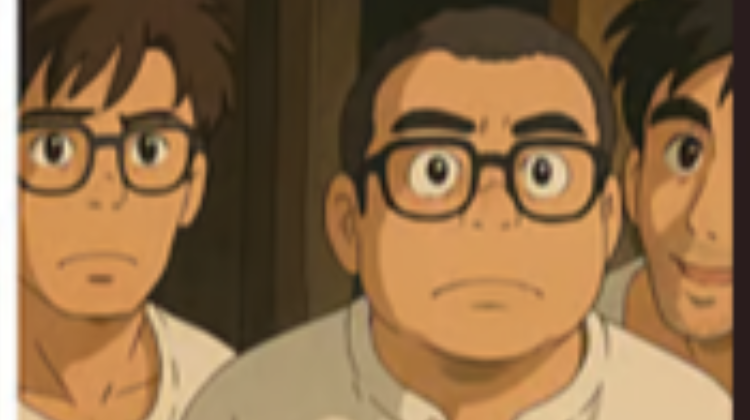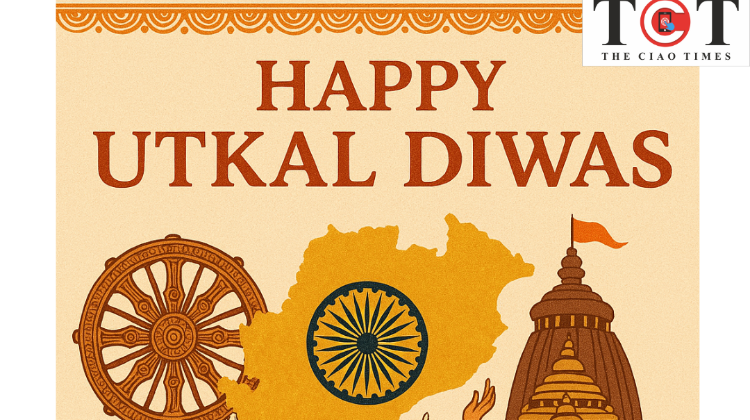
In recent weeks, the
rise of AI-generated art mimicking the iconic style of Studio Ghibli has
ignited a significant backlash on social media. Critics argue that this trend
not only infringes on copyright but also disrespects the artistic ethos of
legendary director Hayao Miyazaki, who has long championed the value of
hand-drawn animation and the unique human touch in art.
The controversy began
when OpenAI's image generator produced a series of Ghibli-style images,
prompting discussions about the ethical implications of using AI to replicate
the work of established artists. Many fans and artists took to platforms like
Twitter and Reddit to express their discontent, labeling the AI-generated art
as an "insult" to Miyazaki's legacy. The backlash has been fueled by
concerns over the commodification of art and the potential loss of originality
in creative expression.
As brands and
individuals increasingly adopt AI-generated Ghibli visuals for marketing and
social media, the debate continues to grow, highlighting the blurred lines
between inspiration and imitation in the digital age. The situation raises
important questions about the future of
art in a world where
technology can easily replicate the styles of beloved creators.
Origins of the
Controversy
The controversy began
when OpenAI's image generator produced a series of Ghibli-style images,
prompting discussions about the ethical implications of using AI to replicate
the work of established artists. Many fans and artists took to platforms like
Twitter and Reddit to express their discontent, labeling the AI-generated art
as an "insult" to Miyazaki's legacy.
Concerns Over
Copyright and Ethics
Critics argue that
the AI model is unfairly trained on copyrighted material, devaluing the work of
real artists. Users have raised questions about whether OpenAI had the right to
use Miyazaki's work for training the AI, leading to discussions about the legality
and ethics of AI-generated content.
Cultural Impact and
Artistic Integrity
The backlash has been
fueled by concerns over the commodification of art and the potential loss of
originality in creative expression. Many believe that using AI to create art
diminishes the value of human creativity and effort, with some calling for a
return to supporting original
artists rather than
relying on technology.
Public Figures Weigh
In
Hayao Miyazaki's previous comments condemning AI-generated content have resurfaced, reinforcing the argument against the use of AI in creative fields. Celebrities like Zelda Williams have also voiced their opinions, emphasizing the negative effects of AI on the environment and the artistic community.
Conclusion:
As brands and
individuals increasingly adopt AI-generated Ghibli visuals for marketing and
social media, the debate continues to grow, highlighting the blurred lines
between inspiration and imitation in the digital age. The situation raises
important questions about the future of art in a world where technology can
easily replicate the styles of beloved creators, urging society to reflect on
the value of human artistry in an increasingly automated landscape. A Call for
Reflection.




